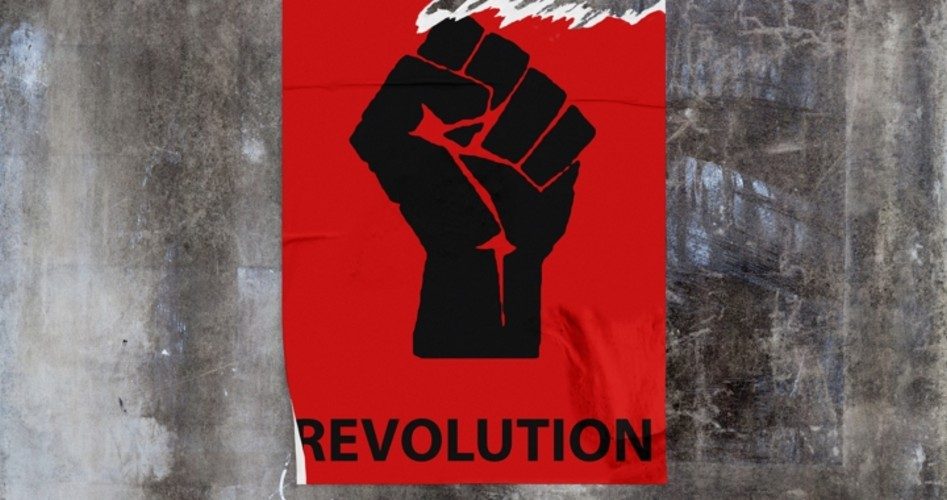
Washington and Lee University, which is among the oldest institutions of higher learning in the United States, has defended its new course titled “How to Overthrow the State.”
When the course description became public, it generated great controversy. It stated in part, “This course places each student at the head of a popular revolutionary movement aiming to overthrow a sitting government and forge a better society.” The description continued by asking a series of rhetorical questions:
“How will you attain power? How will you communicate with the masses? How do you plan on improving the lives of the people? How will you deal with the past? From Frantz Fanon to Che Guevara to Mohandas Gandhi and others, we explore examples of revolutionary thought and action from across the Global South.”
One individual registering public criticism of the course was Newt Gingrich, who was a professor of history and geography at the University of West Georgia in the 1970s before being elected to Congress in 1978, eventually becoming speaker of the House.
Gingrich held up the course as “one further sign of the insanity taking over higher education.”
“The alumni should rise up and show how to overthrow a crazy college administration,” Gingrich tweeted.
In response to the criticism, Washington and Lee University President Will Dudley issued a public statement defending the course, whose complete title is “How to Overthrow the State: Historical Lessons from the Global South.” (The term “Global South” refers not to the geographic south, but to what was previously called the “Third World” — countries considered to be “non-democratic” or newly freed from colonialism by Northern, often European, states.)
Dudley’s defense stated that the course, “one of 15 introductory writing sections offered on a wide variety of topics this Fall Term — was distorted, sensationalized, and turned into political fodder on blogs, television, and social media.”
“What better way to teach the power of writing — the idea that the pen is mightier than the sword — than to ask students to read and evaluate historical texts that aspired to move their original audiences to revolution? The Declaration of Independence, for example, is one of the first works on the syllabus in ‘How to Overthrow the State.’”
Dudely carefully explains, “The course does not advocate revolution or train students for it. It studies how revolutionaries have written in order to help students become more powerful and persuasive writers.”
That is gratifying to hear, especially if the course is conducted by professors capable of teaching the students that the objective of the Declaration of Independence was not to “overthrow” the state so much as to reestablish a system of limited government that would secure the people’s unalienable rights. Guevara, in contrast, went from being a revolutionary to becoming a member of the ruling class as Minister of Industries in the brutal, totalitarian regime of Fidel Castro.
Despite Dudely’s assurances, the highlighting of a Marxist revolutionary such as Che Guevara as a role model seems to validate Gingrich’s concerns.
Image: Gwengoat/iStock/Getty Images Plus
Warren Mass has served The New American since its launch in 1985 in several capacities, including marketing, editing, and writing. Since retiring from the staff several years ago, he has been a regular contributor to the magazine. Warren writes from Texas and can be reached at [email protected].
Related articles:
Efforts to Denigrate Robert E. Lee at Washington and Lee University Fail
Law Students Petition for Removal of George Washington, Robert E. Lee Portraits From Diplomas

